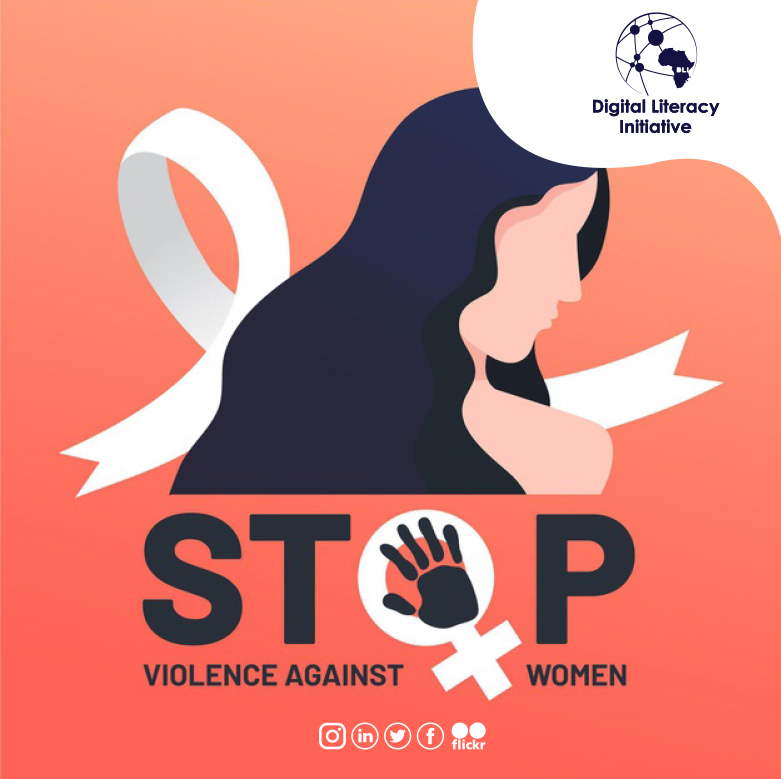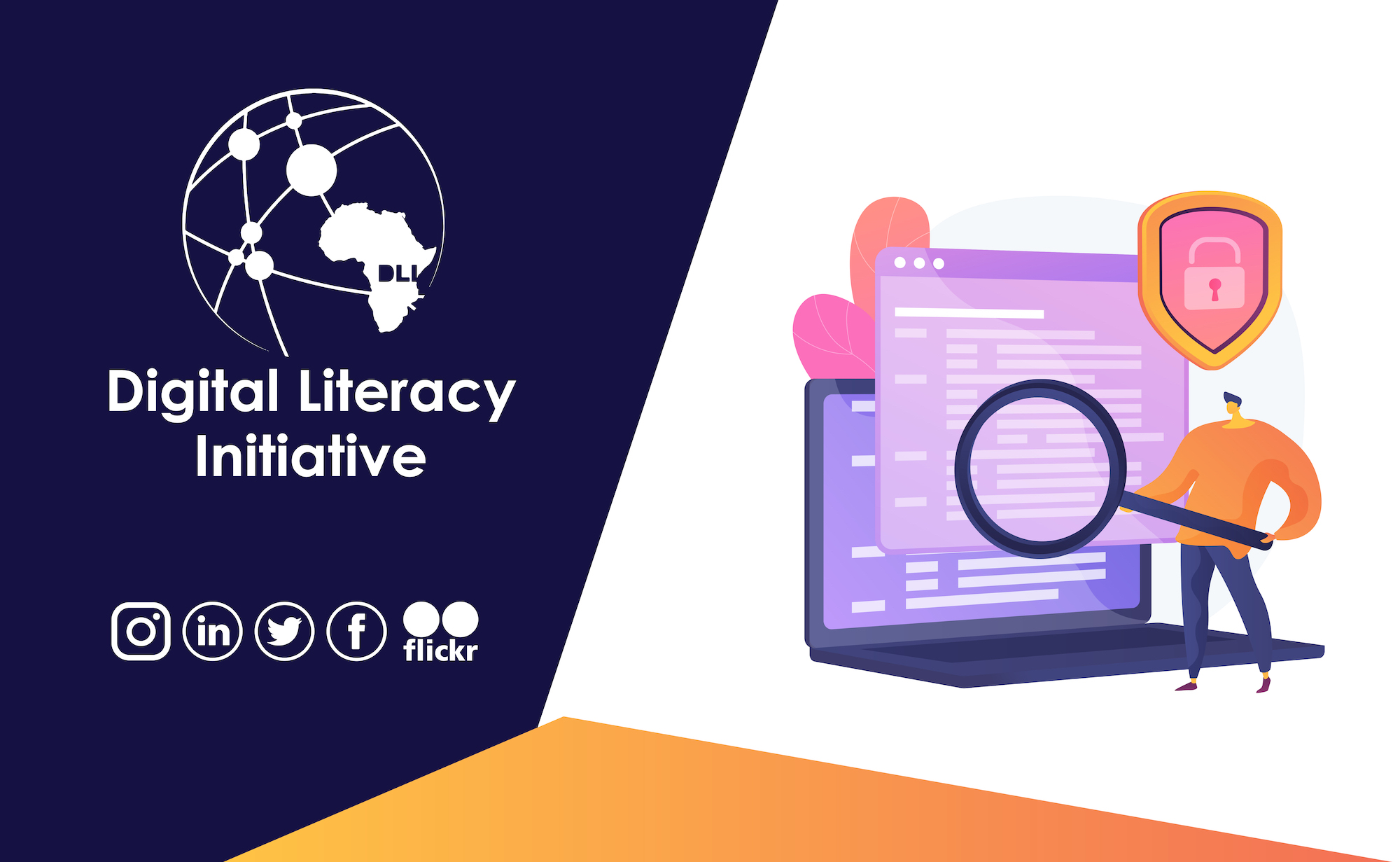By Joan Katambi
Digital Literacy Initiative presented a paper on Digital Inclusion at a training organized by AYDIA gender and Technology Initiative (AGTI) on Women digital rights are human rights.
Since the founding of the United Nations, equality between men and women has been among the most fundamental guarantees of human rights. Adopted in 1945, the Charter of the United Nations sets out as one of its goals “to reaffirm faith in fundamental human rights, in the dignity and worth of the human person, and in the equal rights of men and women”. Furthermore, Article 1 of the Charter stipulates that one of the purposes of the United Nations is to promote respect for human rights and fundamental freedoms “without distinction as to race, sex, language or religion”. This prohibition of discrimination based on sex is repeated in its Articles 13 (mandate of the General Assembly) and 55 (promotion of universal human rights).
The training explored the extent to which women digital rights are respected in the country, pointing out issues of inclusion, privacy and protection, freedom of expression, access to information by women, and highlighted challenges such as online gender based violence against women which is an increasing social problem that needs to be addressed urgently. Women are among the most affected by the digital divide and most vulnerable groups on the Internet, which infringes on their fundamental human rights.
Joan katambi, discussed a paper on Digital Inclusion and shared a deep understanding on the importance of digital inclusive technologies to address women’s rights to the participants. She emphasized the need for gender inclusive policies that allow women to explore their abilities to use digital services with all fairness and freedom too. She highlighted that technology during the digital era is not a luxury but a necessity from information to accessibility. Some policies have instead become barriers that hinder women’s full participation in adopting technology tools, platforms and devices. She concluded by calling for action by service providers and regulators to promote more inclusive decisions and policies that allow and consider more women to enjoy Digital rights, and condemned abuse of women rights while accessing these digital products and services.





